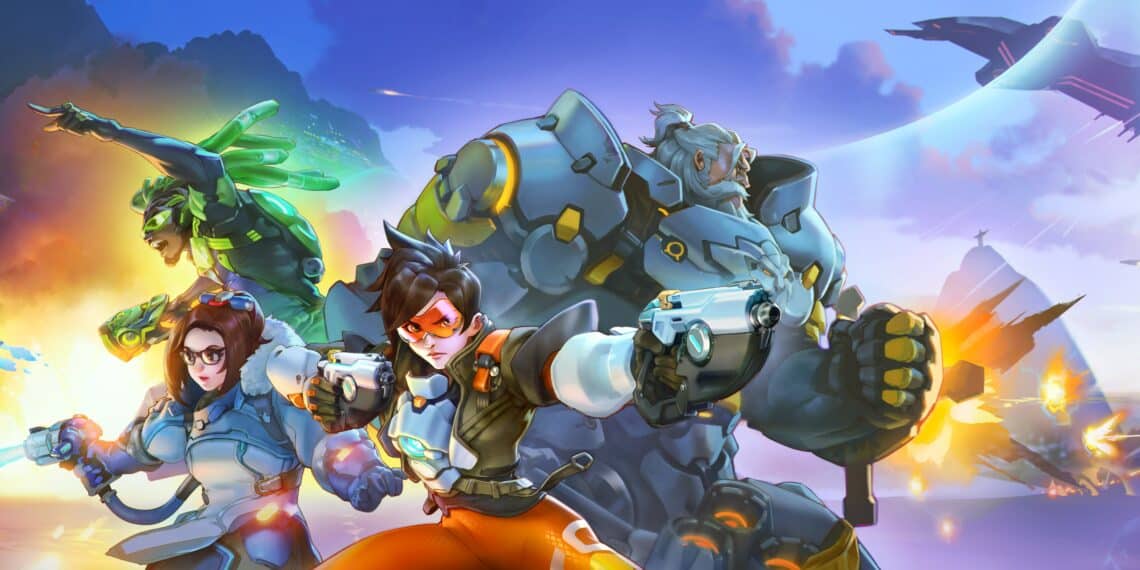In the virtual world of Overwatch, controversy has arisen over a particular change to one of the game’s characters – the tank hero, Orisa – becoming a heated topic of discussion among fans.
Summary
- Overall, the sentiment in the comments seems divided, but leans more towards players defending the buff
- The change to Orisa’s gameplay has mixed reception because it directly influences the balance of the game
- Select comments point out that a player’s strategy when pitted against Orisa has a significant impact on dealing with her
Community Reactions
The original post author, “WhoopsAhoy”, questions the wisdom of the game developers at Blizzard in deciding to buff Orisa. In response, user “AvailableTension” counters this by stating, “The devs have confirmed that Orisa was an absolute garbage tank (<40% win rate) before this buff and that she was in a bad state even before Mauga.”
Player Strategies
Another user, “Spreckles450”, questions the victim’s gameplay indicating that “If you move in unpredictable patterns, Orisa’s slow projectiles will have a harder time hitting you.” The idea here is that player strategies play a crucial role in countering Orisa, not simply complaining about the game’s balance.
Overall Balance
Adding to this, “5ive_4our” attests that Orisa’s buff isn’t as formidable as players like “WhoopsAhoy” make it out to be. In fact, unless you’re directly in her line of fire, her chances at ‘deleting’ you are slim unless she’s uncomfortably close. This presents a broader question of gameplay balance as opposed to individual character issues.
So, is Orisa the menacing doom-bringer some players fear, or merely a well-rounded character only as dangerous as you allow her to be? Even though Orisa’s buff has stirred up controversy, one has to wonder if the noise comes from a minority of dissatisfied gamers rather than the majority of players treating it as part and parcel of the gaming world’s ever-changing landscape.



